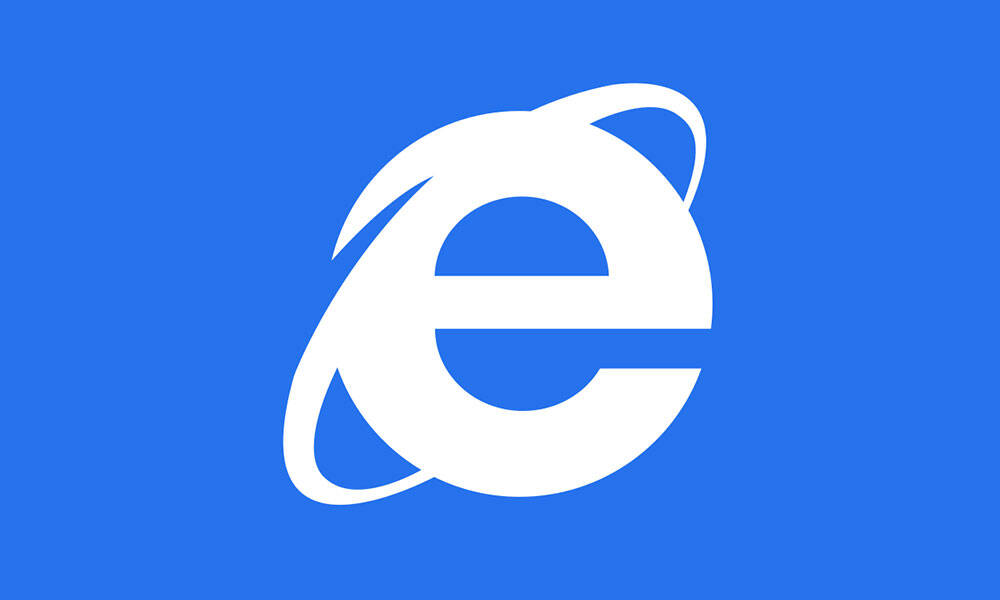
Daily Buzz: Microsoft Announces the End of Internet Explorer
By August 2021, the once-dominant web browser will no longer be supported by Microsoft. Also: helping employees manage their mental health.
Microsoft is saying goodbye to Internet Explorer, The Next Web reports. Microsoft announced that on August 17, 2021, Internet Explorer 11 will no longer be supported by many of its own services, including Outlook, OneDrive, and Office 365. And as of November 30, 2020, it will end support for Internet Explorer in Teams.
“That said, the browser isn’t totally going away; there’s no word on when Internet Explorer will be removed from Windows 10 itself, and businesses will still be able to access sites built specifically for the browser,” says The Next Web’s Napier Lopez.
Microsoft is also planning to drop support for the legacy version of Microsoft Edge, which is based on a later iteration of IE’s browser engine, on March 9, 2021. That version of the browser will no longer receive security updates after that date. In a blog post, the company recommended that users switch to the new Microsoft Edge, which is based on the same technology as Google Chrome.
“Microsoft has been working on killing off Internet Explorer usage and support for years now. The company first unveiled its new Edge browser back in 2015,” says Tom Warren on The Verge. “Microsoft has since labeled Internet Explorer a ‘compatibility solution’ rather than a browser and encouraged businesses to stop using the aging browser.”
Put More Emphasis on Mental Health
Why mentally healthy employees win over burnout https://t.co/E2aUih46o3
— Fast Company (@FastCompany) August 18, 2020
How do employees defeat burnout? It helps to have an organization that prioritizes mental health. Now that many are working remotely, workers need the time and space to separate work and home.
“As our homes morph into our office, the reality is that we’re working, on average, an extra 48.5 minutes per day,” says Peter Jackson, CEO of software company Bluescape, in Fast Company. “The divide between our professional and personal lives has drawn so thin that 77 percent of employees say establishing boundaries between work and personal life is the most important remote work skill.”
Jackson recommends that companies be more flexible with employee perks and offer such features as meeting-free work hours, weekly wellness classes, and the option to choose where you work and when you work.
“Companies need to shift away from the rigidity of an outdated 9-to-5 workday and empower employees to design their work around their lives, not their lives around their work,” he says.
Other Links of Note
Looking for new ideas? Try daydreaming, new research suggests. Forbes has the story.
For an improved browsing experience, Lifehacker’s David Murphy identifies his 12 favorite Google Chrome extensions.
How can viral marketing fit into your social strategy? Apply the same principles to your email marketing campaigns, suggests a recent post on the Campaign Monitor blog.
(Wikimedia Commons)






Comments